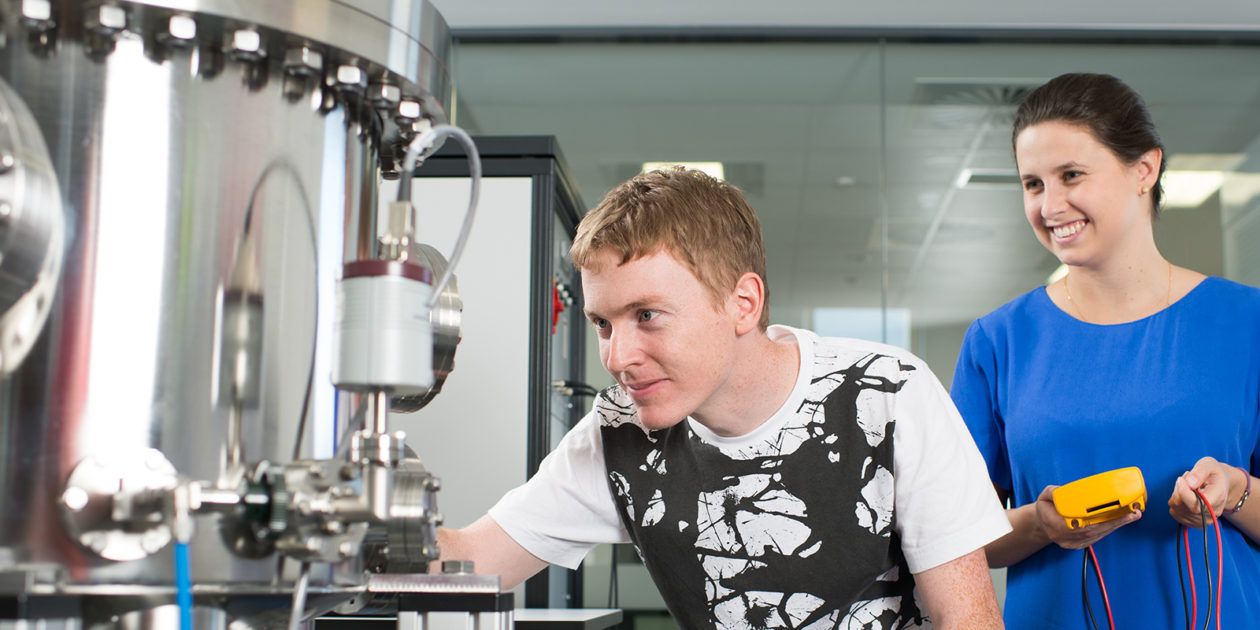Overview
Overview
Extractive Metallurgy is the process of recovering valuable elements from complex feeds through a combination of physical and chemical processes. Most commonly this is metal extraction from primary ores, however it can also include recovery from mining waste streams and secondary sources such as waste consumer products and decommissioned infrastructure. This minor provides science students with an insight into the key processes involved in extractive metallurgy including linkage to Curtin’s Kalgoorlie campus in the heart of the Western Australian Goldfields. The units include chemistry which underpins many of the processes involved; process mineralogy, which describes the characteristics of the feed materials and provides insights into how to process them; and pyrometallurgy and hydrometallurgy which cover the chemical extraction and recovery processes and engineering conditions.
What you'll learn
- have demonstrated some knowledge and understanding in metallurgy that is typically at a level supported by textbooks, but not necessarily at the forefront of the field, GC1
- can apply their knowledge and understanding in a manner that indicates a professional approach to the field and have developing competencies typically demonstrated through devising and sustaining arguments (to both specialist and non-specialist audiences) and solving straightforward problems within metallurgy, including using digital technologies, GC2, GC3
- can gather and interpret relevant data within metallurgy to inform judgements that include some reflection on relevant social, scientific, or ethical issues related to metallurgy, GC4, GC5
- demonstrate a developing standard of professional behaviour, including effective time management, both independently and as a team member, GC6
